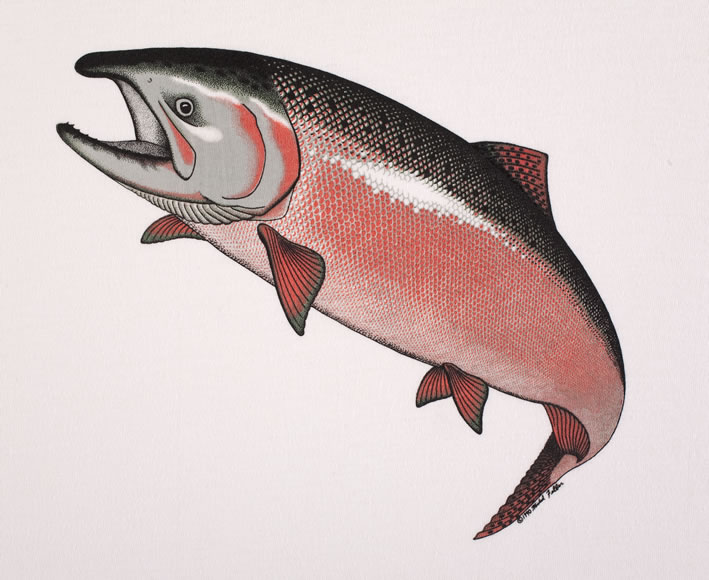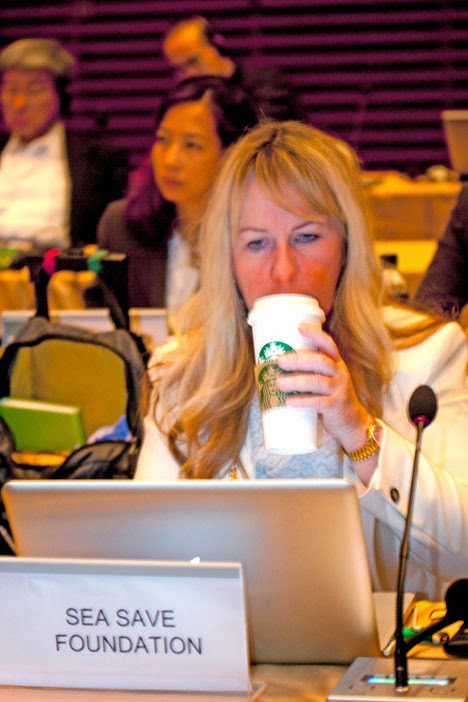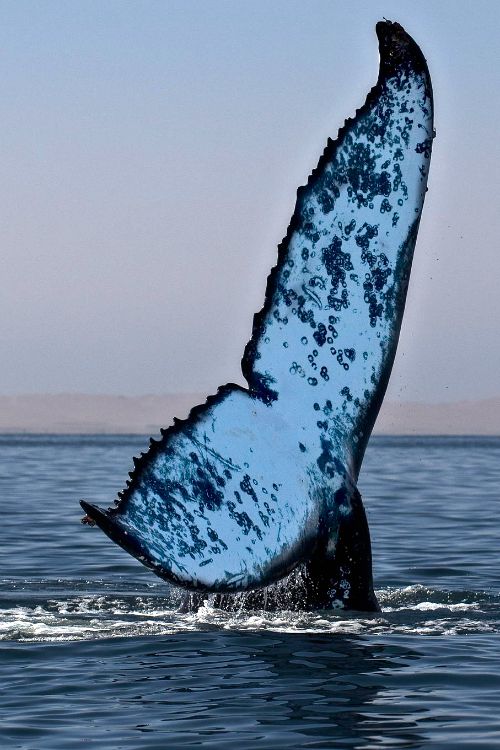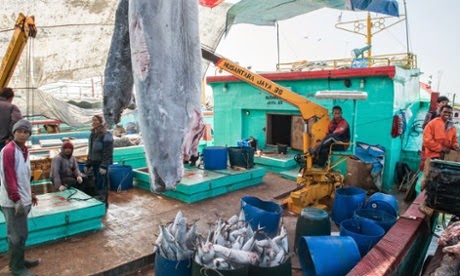Whale App Surfaces, Tuna Fishing Kills Sharks, Chinook Return and More
1. Milestone CITES Decision Takes Effect
2. Western Australia Stops Devastating Cull
3. Whale of an App
4. Healthy Reefs Make Good Shark Habitats
5. Buying Tuna, Killing Sharks
6. The Return of the Chinook Salmon
———————————————–
1. Milestone CITES Decision Takes Effect
On September 14, groundbreaking protections took effect for five endangered shark species and all manta rays. The protections, established at the 2013 CITES conference in Bangkok, require that these species be sustainably and legally harvested for international trade. This is the first time that commercially valuable and widely traded shark species have been included under these protections.
CITES is the acronym for the Convention on International Trade in Endangered Species of Wild Fauna and Flora. This treaty, signed by 180 countries, is intended to ensure that international trade does not threaten the survival of any plant or animal. Sea Save Foundation attended the 2013 Bangkok conference as part of a scientific, activist, and government effort to protect the world’s endangered species.
While this is a major victory for sharks, there is still more to do. Six countries — Denmark, Canada, Guyana, Japan, Iceland, and Yemen — filed reservations, meaning that their trade in these species will not be bound by the new regulations.
Read more here…2. Western Australia Stops Devastating Cull
This week, the Australian government has announced it has halted its extremely controversial plan to cull sharks in an effort to make the country’s beaches safer. The misguided plan was highly criticized by marine scientists, who warned against its devastating impacts on marine ecosystems. Under the plan, 170 sharks were caught and killed using baited hooks.
“From the start it was obvious that this cull was a visceral, ill-thought-out, knee-jerk mandate,” said Georgienne Bradley, director of Sea Save Foundation. “It’s hard to believe that any reputable biologists were included in the decision-making process. The cull at best was detrimental to a fragile balance and threatened not only the shark populations but coastal fisheries as well.”
Read more here…
3. Whale of an App

4. Healthy Reefs Make Good Shark Habitats
When the coral is healthy, so is the shark population. A 10-year research study from the Australian Institute of Marine Science and James Cook University has confirmed that sharks are more abundant in areas where coral reefs are protected under no-fishing zones. The research study was conducted at Australia’s Great Barrier Reef and employed thousands of remote underwater video stations.
Read more here…
5. Buying Tuna, Killing Sharks
The tuna we eat comes from around the world, including Indonesia, the world’s largest tuna producer. However, the same tuna fishermen who operate in Indonesia are also fishing for sharks and contributing to Indonesia’s booming shark industry. The sharks they catch are technically bycatch, and in this case extremely valuable bycatch sold for their prized fins and meat. To address this problem, consumers should ensure they are purchasing pole-and-line-caught tuna that has been certified by the Marine Stewardship Council. Read more here…
 6. The Return of the Chinook Salmon
6. The Return of the Chinook Salmon
For the first time since the removal of the Elwha Dam, Chinook salmon have been spotted swimming the upper Elwha River. The sighting of three adult Chinook salmon were confirmed by Olympic National Park biologists who conducted a snorkel survey of the river’s biology. The Elwha River Restoration project involves the restoration of the Elwha River watershed after the largest dam removal in history, and the return of the Chinook salmon is a major success for the project!
Read more here…
 6. The Return of the Chinook Salmon
6. The Return of the Chinook Salmon








